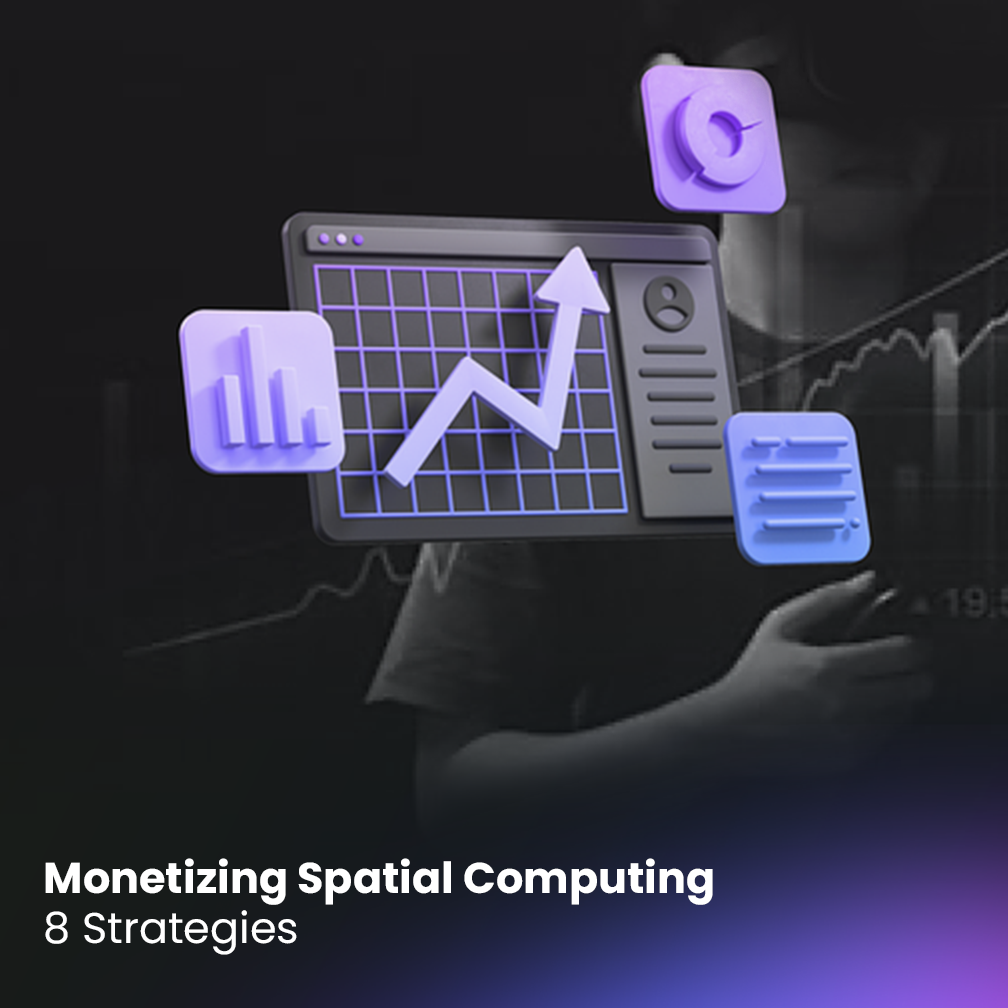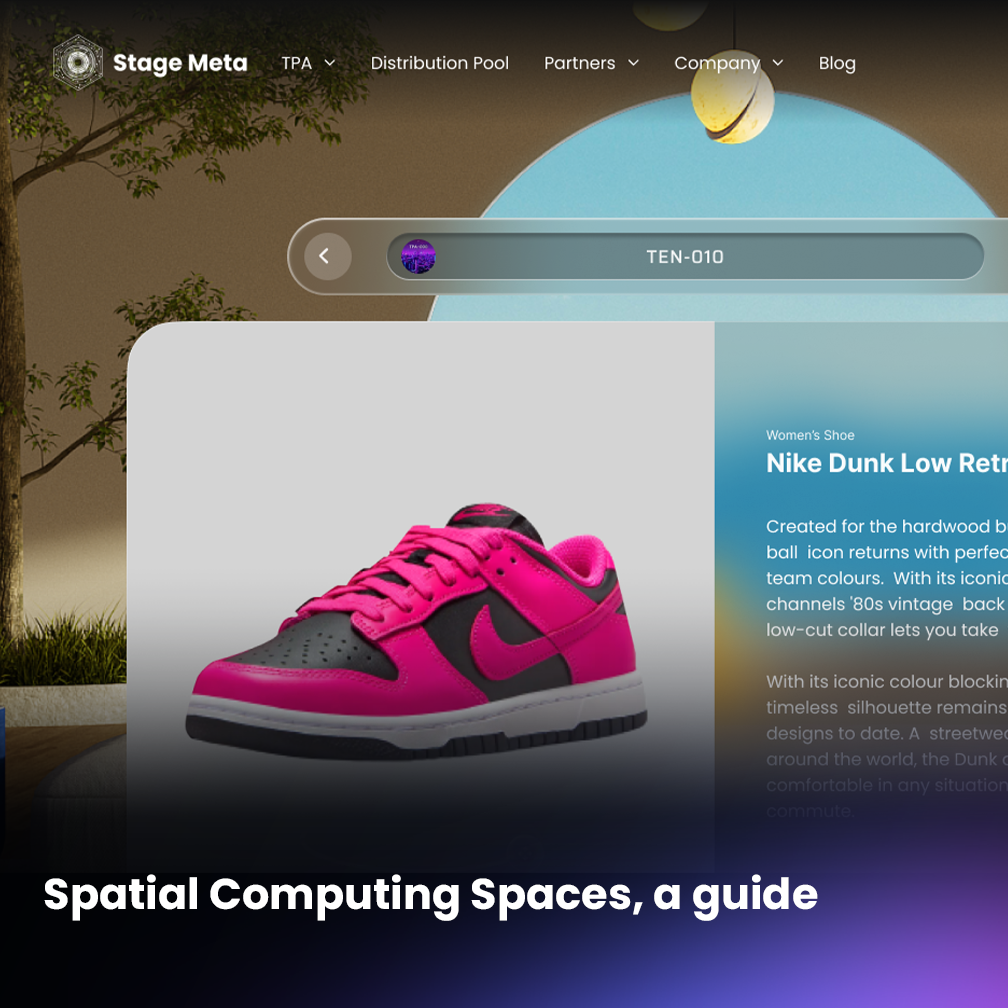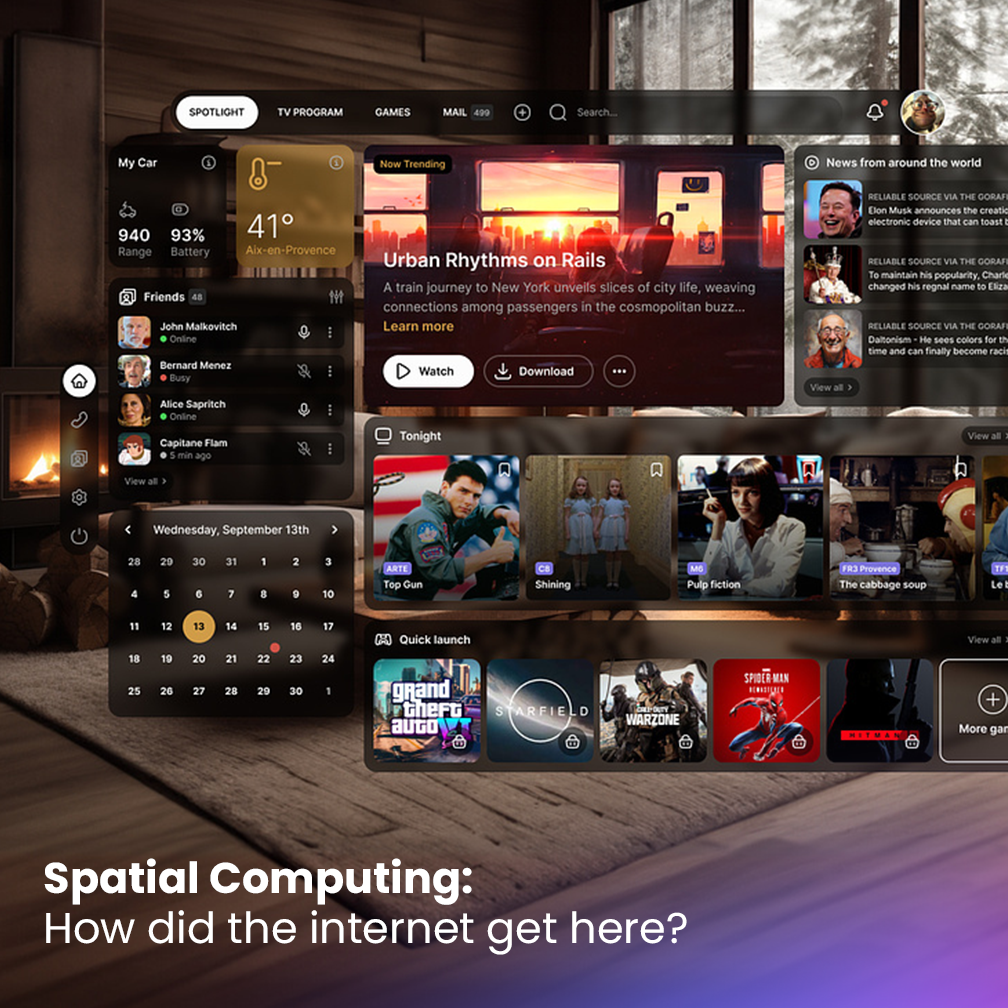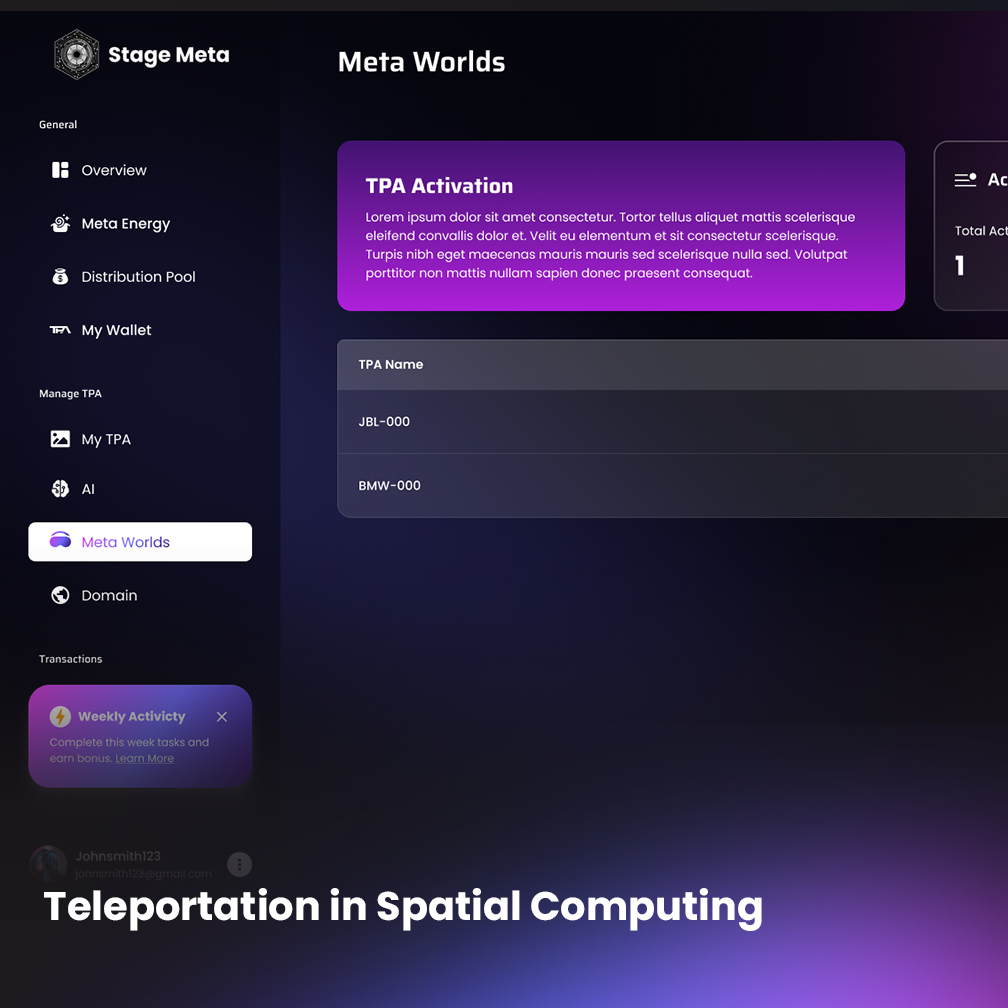
Estimated reading time: 4 minutes
Spatial computing is an ever-evolving virtual universe, and with it comes new opportunities for content creators and developers to monetize their work.
From selling in-game items to hosting tournaments or offering subscription services, there are a variety of ways developers and content creators can use spatial computing to generate revenue. In this article, we will explore eight strategies for monetizing spatial computing.
Whether you are an experienced game developer or a content creator just starting out, these strategies will help you maximize your earning potential and generate sustainable income from spatial computing. Read on to learn how to make money in this rapidly growing virtual universe.
Why is it important to monetize Spatial Computing?
As spatial computing continues to expand, monetization of virtual worlds is becoming increasingly important for content creators and developers alike. With the potential to generate considerable revenue, monetizing spatial computing can provide sustainable income that can be used to fund ongoing development or future projects.
Furthermore, monetization allows developers and content creators to create more innovative products and services within spatial computing, diversifying its offerings even more, and making it increasingly attractive to users.
Moreover, monetizing activities in spatial computing encourages players to engage with each other through commerce, creating an active ecosystem where people are rewarded for their creativity.
This environment motivates people to continue exploring and creating in spatial computing while also providing a financial incentive for them to stay engaged with it.
In short, monetization of spatial computing is key to its continued growth and success. Content creators and developers should take advantage of these revenue-generating opportunities to ensure a long-term future for their projects in this vibrant virtual world.
By following the strategies outlined below, you can start taking steps toward monetizing your own spatial computing project today. With time and dedication, you can create a lasting source of income from your virtual worlds and reap the rewards of a flourishing creator economy.
1. In-Game Purchases:
Players are willing to pay real money for digital weapons, armor, vehicles, costumes, etc. Developers can create special items that can be purchased with real money to give players an edge in the game. In-game items are a great way to monetize spatial computing.
2. Advertising:
Companies can advertise their products and services inside spatial computing. This could come in the form of virtual billboards, broadcast commercials, or even sponsored content from popular streamers.
3. Content Creation:
Content creators can create videos, tutorials, podcasts, streams and other content that teaches other users’ new skills or helps them improve ones they already have. These creators can monetize their content in spatial computing through ads or subscriptions as they would right now.
4. Subscription Services:
Spatial computing developers can offer subscription services for access to special features or exclusive content such as additional tools, items, etc.
5. Crowdfunding:
Spatial computing developers can use crowdfunding platforms to raise money for development and ongoing support. This can include selling exclusive digital or physical items or offering early access to the game.
6. Marketplaces:
Spatial computing developers can create marketplaces where users can buy and sell virtual goods, services, and even currency. This can be a great way to monetize spatial computing for the developers.
7. Events:
Developers can hold special spatial computing events they can monetize, such as tournaments, contests, auctions, etc., that allow users to compete for prizes or exclusive items. These events can be monetized by charging entry fees or offering sponsorships from companies.
8. Teleport Plaque Addresses:
Stage Meta’s very own Teleport Plaque Addresses are also a great way to monetize spatial computing. These plaques are part of Stage Meta’s bleeding-edge technology that creates a completely new addressing system for spatial computing, which can be adopted in the future by any developer thanks to the open API technology. These plaques can be traded as you would for any other spatial asset, which can then be developed or rented.
Spatial computing presents many opportunities for developers and content creators to monetize their work. From in-game purchases and advertising to crowdfunding and events, there are various ways to generate revenue from spatial computing. With the right strategy and dedication, anyone can successfully monetize spatial computing and unlock its potential as a profitable platform.
Ready to get started? Purchase your favorite Teleport Plaque Address today and start monetizing on this new technology ahead of the curve.








